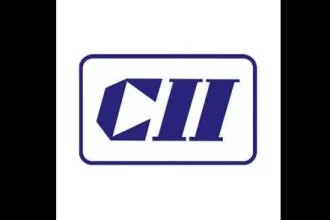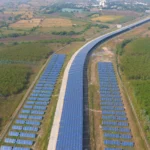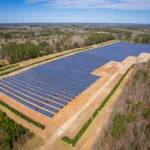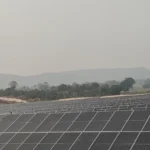Unilever is making a major move towards sustainability by reducing its Scope 3 emissions and accelerating the transition to renewable energy in India. As part of its commitment to achieving net zero emissions by 2039, the company has signed a power purchase agreement (PPA) with Brookfield, a leading renewable energy developer.
This initiative will supply 45 MW of solar power from Rajasthan to 32 sites across 15 states, benefiting Unilever factories and ten of its collaborative manufacturers. The agreement ensures a fixed, competitive electricity price for the next 20 years, driving a projected 25% cost savings compared to grid electricity.
Unilever’s Climate Commitment & Scope 3 Emissions Reduction
Unilever has set ambitious climate goals, aiming to cut Scope 3 energy and industrial emissions by 42% by 2030. To meet this target, the company is focusing on reducing emissions across its value chain, including suppliers and contract manufacturers.
Key highlights of the initiative:
Transitioning to renewable energy for Unilever’s operational electricity demand in India.
Supporting smaller suppliers by securing fixed-rate renewable power at competitive prices.
Reducing emissions by over 28,000 tonnes of CO2e per year for contract manufacturers.
Ensuring transparency by directly tracking renewable energy from generation to consumption.
“With this single contract, we’re aiming to meet nearly a quarter of Unilever’s operational electricity demand in India with renewables,” says Yogesh Mishra, Executive Director, Supply Chain for HUL & Nepal.
Helping Suppliers Transition to Renewable Energy
Collaborative manufacturers, which account for about one-third of Unilever’s total manufacturing in India, often lack access to affordable renewable energy solutions.
Alpla India, a packaging supplier for Unilever, highlighted the Supplier Climate Programme’s role in aligning sustainability efforts:
“Partnering on this PPA will help us lower emissions from our operations faster than we would have been able to working alone.” – Vagish Dixit, MD & Partner, Alpla India
This model showcases how large corporations can drive industry-wide decarbonization, enabling suppliers to shift to clean energy without incurring high costs.
Building Renewable Energy Infrastructure in India
Hindustan Unilever Limited (HUL) has actively been integrating renewables into its energy mix for over a decade. The company:
Eliminated coal usage for thermal energy in 2021.
Installed on-site solar arrays at multiple factories.
Utilized power purchase agreements (PPAs) and renewable electricity certificates (IRECs).
With strong government incentives in place, the partnership with Brookfield could expand by another 20 MW, further integrating raw material suppliers and packaging units into the renewable energy ecosystem.
India’s Renewable Energy Push: Policy & Business Impact
India has introduced policy incentives to encourage early adoption of renewable energy agreements. Businesses that secure contracts before June 2025 will benefit from waived central transmission charges, reducing renewable energy costs by 15-20% across state lines.
Unilever has been a vocal advocate for strong climate policies, supporting nationally determined contributions (NDCs) that enable businesses to transition to renewables faster.












